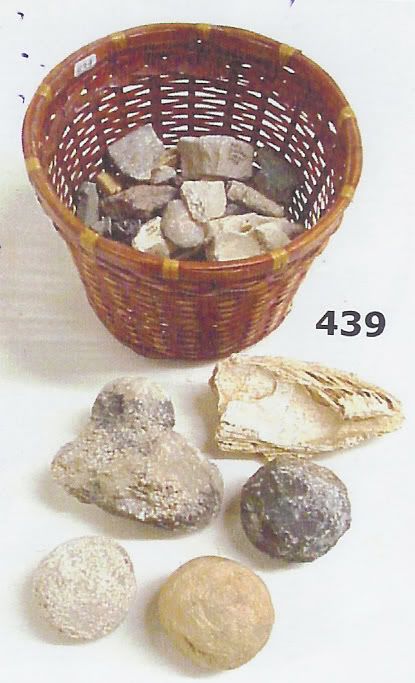![]()

I have found out that all I have been doing in trying to correct this system in America has been in vain..... I am trying to get to the roots of it to see just what ought to be done.
.The whole thing will have to be done away with. Martin Luther King, Jr.; November 11, 1967
Yesterday's elections were, in my opinion, a mix of pretty good and very bad. It would be easy to attempt to find comfort by saying this always happens in mid-term elections; or to try to assign blame to segments of the Democratic Party: it's the action faction, or those gosh-darned purists; or to conclude that it is hopeless, and we are helpless. Yet nothing good can possibly come from taking any of those positions.
A number of the discussions on this forum avoided these stumbling blocks to progress. Instead, people were recognizing that the dynamics in Washington had changed and not for the better in a manner that requires grass roots community organizers to reassess what paths we must take to increase the possibility that we can reach our goals.
I found myself looking through an old book, Selections from the Encyclopedia of the Social Sciences, (The Macmillan Company, N.Y., 1937). I can't honestly remember the last time I read this book, nor can I provide an explanation of exactly why I picked it off the shelf last night. Perhaps it was in part because of its date of publication, a time when the western world was experiencing great turmoil. It's curious that it was thirty years before King's statement, made when Martin believed that dark forces in America might bring about the makings of a fascist state.
Though King used the term fascist several times in late 1967 and early '68, that word has both a historic context and emotional power that I certainly seek to avoid in this essay. I recall that when I quoted friend Robert Kennedy, Jr.'s warning, in his 2004 book Crimes Against Nature: How George W. Bush and His Corporate Pals Are Plundering the Country and Hijacking Our Democracy, on page 193, about when government rules from the extreme right, by merging state and business leadership, with belligerent nationalism, some forum members were deeply offended.
Instead, I choose today to speak of what R. Buckminster Fuller, in his book Critical Path, called the invisible power structure behind all of the industrial world's visible governments. In Lord Demning's book, The Family Story, he quotes Winston Churchill as referring to it as the High Cabal. Not being as clever as these fellows, I will call it the Machine, which includes the oil companies, Wall Street, the military-industrial complex, and the insurance industry.
The social science essays in the book I was reading speak about when, in a society, there are attempts by groups not in power, to access the power needed to bring about a change in the system. This type of group was known as an interest group. (I tend to advocate the use of words in their original, accurate meaning; this can cause confusion, for example, when intelligent people use words such as liberal and progressive in accurately, as too often happens on this forum.) The Machine ( the ruling group) becomes invested in appealing to another source, known as a pressure group, often by perverting the nation's myths. The obvious example of this, in today's context, is big business funding the Tea Party, which operates under the delusion that they patriots in the manner of our Founding Fathers.
Interest groups, by definition, seek to expand the rights and privileges of the common folk who are not able to access political and social power by way of the Machine. A pressure group seeks to limit access of power to groups and individuals other than themselves. Because they are unable to accurately see who is their real enemy through the dense fog of ignorance and fear, they identify others as the cause of their problems.
One need look no further than the example of Christine O'Donnell for someone who believes she is representative of those Founder Fathers, although her mythology requires no familiarity with documents such as the Constitution. More, Sharon Angle's filthy commercials are a prime example of the Tea Party myth that Hispanic people are a threat to her group's interests.
At its best, the Democratic Party serves its members as an interest group. One would have to bury their head in the sand to believe that our party's elected representatives have done an adequate job in promoting the interests of all the various groups within the party and much less so the interests of those millions of Americans who are in the margins of our society. However, those democrats in Washington are definitely not as uncaring and cruel as either the republicans or Tea Party.
In order to effect meaningful change, I am convinced that the grass roots activists must begin immediately to engage in organized, coordinated, yet decentralized efforts involving voter education and registration among those groups and individuals in those margins. By no coincidence, that is exactly what Martin Luther King, Jr., was focusing on in his last year of life.
Thank you for reading this.
Peace & Justice,
H2O Man